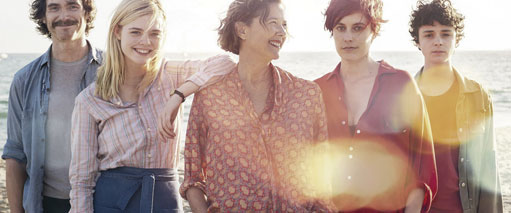Film Review: 20Th Century Women
Coming-Of-Age Dramedy Looks For Family In Friends


guys.
Latest Article|September 3, 2020|Free
::Making Grown Men Cry Since 1992


guys.